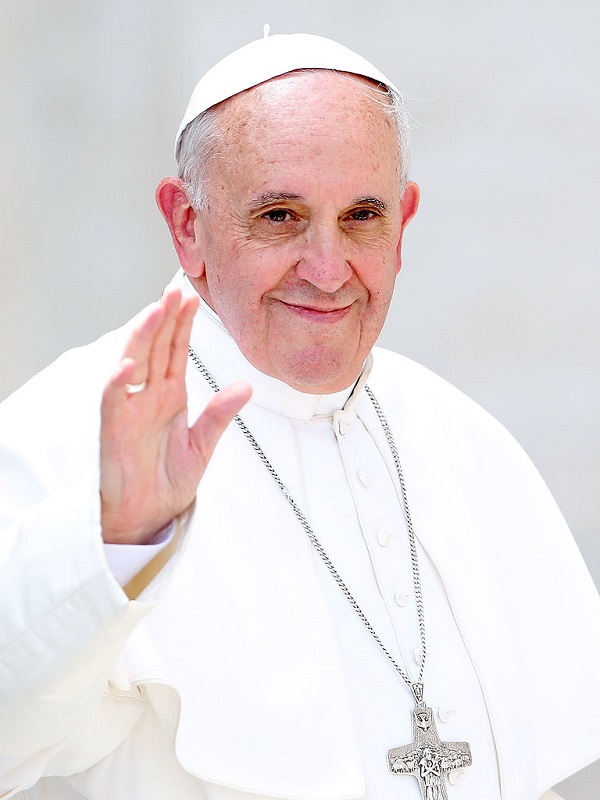Still no good news for women as Vatican synod ends

Regarding the role of women in the Church, there has been no progress. After the first round of the global synod a year ago, many reformers hoped for advancements, especially on the controversial issue of ordaining women as deacons
Admin I Sunday, October 27, 2024
VATICAN – Despite the recent gathering of the world’s bishops at the Vatican, which aimed to discuss and promote reforms within the Catholic Church, there were few concrete prospects for meaningful change after the meeting drew to a close at the weekend.
The nearly four-week 16th Ordinary General Assembly of the Synod of Bishops, commonly referred to as the Synod on Synodality, was attended by over 360 bishops and participants. The final declaration on Saturday was vague on key issues, disappointing those who hoped for significant advancements under Pope Francis.
A 45-page final document was adopted by a large majority. Although Francis endorsed the document, he did not clarify its implications, stating that it would take time to make decisions that impact the entire Church.
As the leader of about 1.4 billion Catholics, the 87-year-old pontiff has the final say on Church matters. The meeting wrapped up today Sunday.
No progress for women in the Church
Regarding the role of women in the Church, there has been no progress. After the first round of the global synod a year ago, many reformers hoped for advancements, especially on the controversial issue of ordaining women as deacons – a demand expressed by many Church representatives in Germany.
Deacons are a rank below a priest. They are permitted to take part and lead many services but may not say Mass or administer confession.
Pope Francis believes the time is not yet right for such changes. The final document only notes that the issue of women’s access to the diaconate is still open for discussion.
Criticism for lay Catholics
Irme Stetter-Karp, President of the Central Committee of German Catholics (ZdK), expressed disappointment over the lack of concrete resolutions to allow women greater access to Church offices.
“Discrimination against women continues and it would be absurd to deny that many Catholics in Germany will be frustrated by this,” Stetter-Karp said.
She pointed out that this issue received the most no votes during the synod vote, suggesting that participants from various regions share similar views.
Stetter-Karp also criticized the passage in the final document regarding the sexual abuse of children by priests, stating that it was too restrained. She pointed out that the specific systemic causes – namely the Church’s structures – were not addressed.
She welcomed the pope’s decision to immediately support and implement the final document without reserving the right for future evaluation.
Calls for transparency
The reform group We Are Church criticized the pope and Victor Manuel Fernández, who leads the Vatican’s Dicastery for the Doctrine of the Faith, for their vague position on women’s rights, arguing that this ambiguity had damaged trust.
Despite this, they recognized that the synod, which involved input from Church members, represented a significant turning point in the Church’s history.

